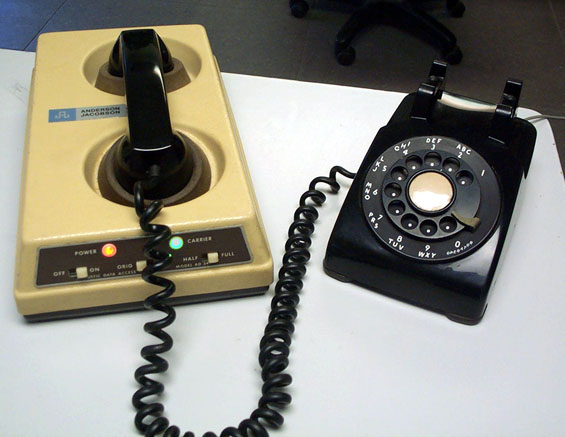 |
| The computer network of the early 1980's looked like this. |
What a difference one generation makes.
Most schools, even my old high school, graduated from the dot matrix machine to computer labs and banks of computers in the classrooms to share by the late 1980's. That's still the norm today.
This year, Licking Valley High School in Hanover, Ohio took a quantum leap forward. They call it one-to-one computing.
 |
| A Netbook computer like the type used at Licking Valley HS. |
Spurred by the success of a school program at Defiance County, Ohio and a few other schools in the country, Licking Valley High School began a transition that saw 700 notebook computers turned on at the school on day one this year. This local story could catch on.
It's easy to see, now one month in, that their entrepreneurial, risk-taking superintendent and principal have spawned a modern example of innovation and collaboration in the classroom. A student showed his teacher an application he had discovered and shared on the first day of class. It's been used in the classroom by that teacher from Day 2 and since.
Though no one will claim the total costs saved on paper, textbooks, and cash outlay for computer labs makes up for the whole cost of the program, what's the value of getting an even playing field with computers and Internet access in to the hands of students at least 15% of whom did not have such access before? The real world has entered the classroom in Hanover, Ohio.
It's not a social program either. The parents have skin in the game with a $50 annual maintenance fee. The students' peers man a help desk to help their fellow students navigate computing and, even, repair broken machines.
The fact that this innovative approach is taking place in a rural school district all the more makes the point this column frequently tries to make too--innovation knows no population density. Indeed, Hanover, Ohio now has a ratio of computers per kid most likely higher than any big metropolitan city in the country.
Good stuff. Well done, Licking Valley. Stand proud. Share your story. Here's hoping others take notice and follow your lead.
As a former teacher I hope that a few additions were built into the program at the school.
ReplyDelete1) Computers are great but if teachers are not trained in using the computer to enhance education then it is all for naught. One can't continue the same lesson plans and just expect computers to improve everything by virtue of their presence. Lesson plans need to be completely rewritten. Computers, in and of themselves do not improve education.
2) I hope that they have included a replacement budget because these computers won't be working in a few years and without a replacement budget the project will die. I had access to computers in the classroom about a dozen years ago but after 2 years so few of them worked that it wasn't worth planning lessons to use them.
With that being said, I do think that if done correctly computers can improve education.
My son is one of those LVHS students. He has shown much improvement already this year, he is eager to get on his assignments and assigned web sites, and has been taking advantage of reading help online. He can download svereal "helps" on his laptop for further reference. He has an IEP and feels more liberated, as he can seek the assistance he needs without the embarrassment of being in "special classes". This has been a GREAT idea! Thanks!
Delete*several* LOL! I guess I need a laptop, too! =)
Delete